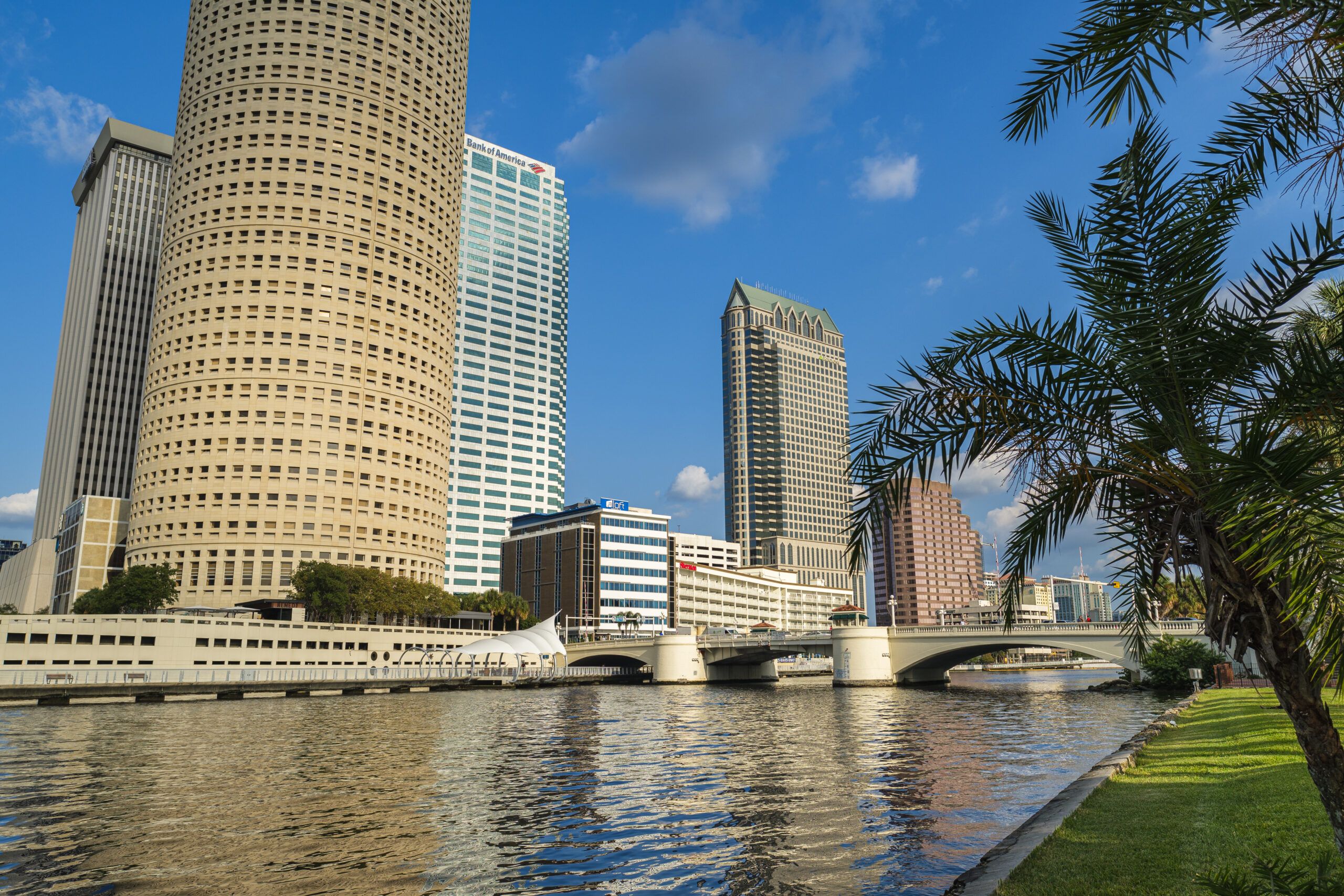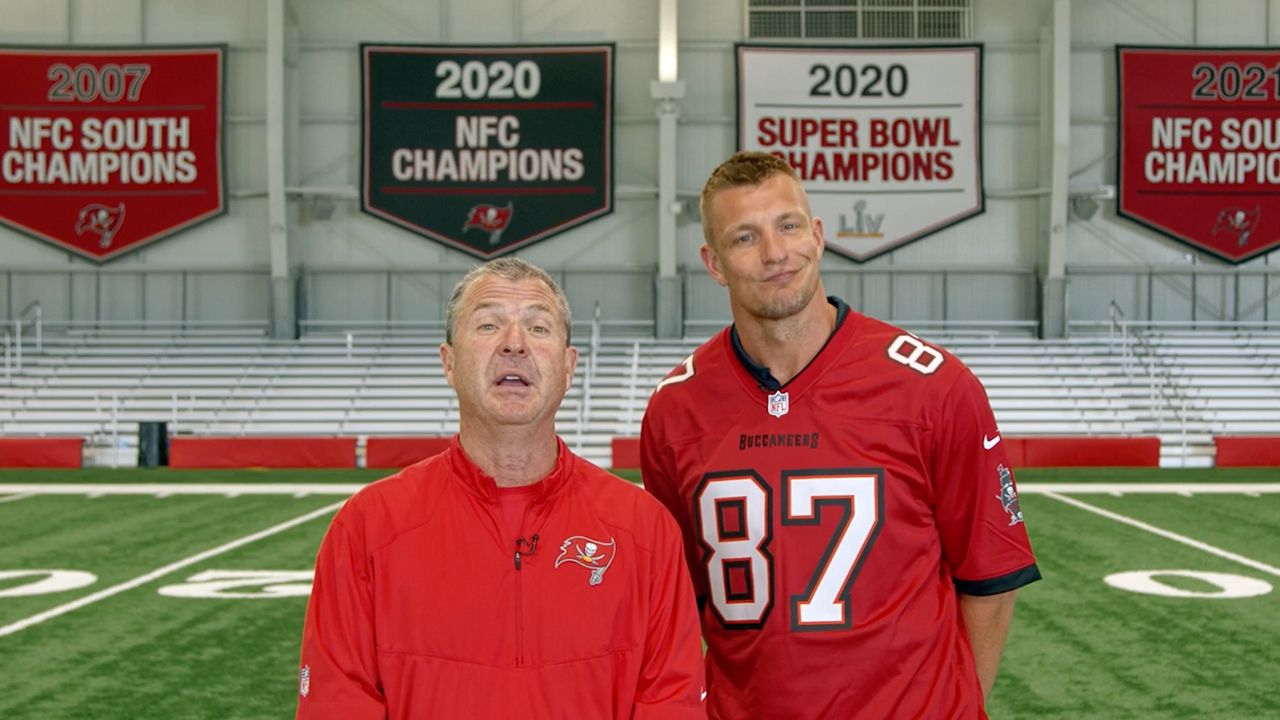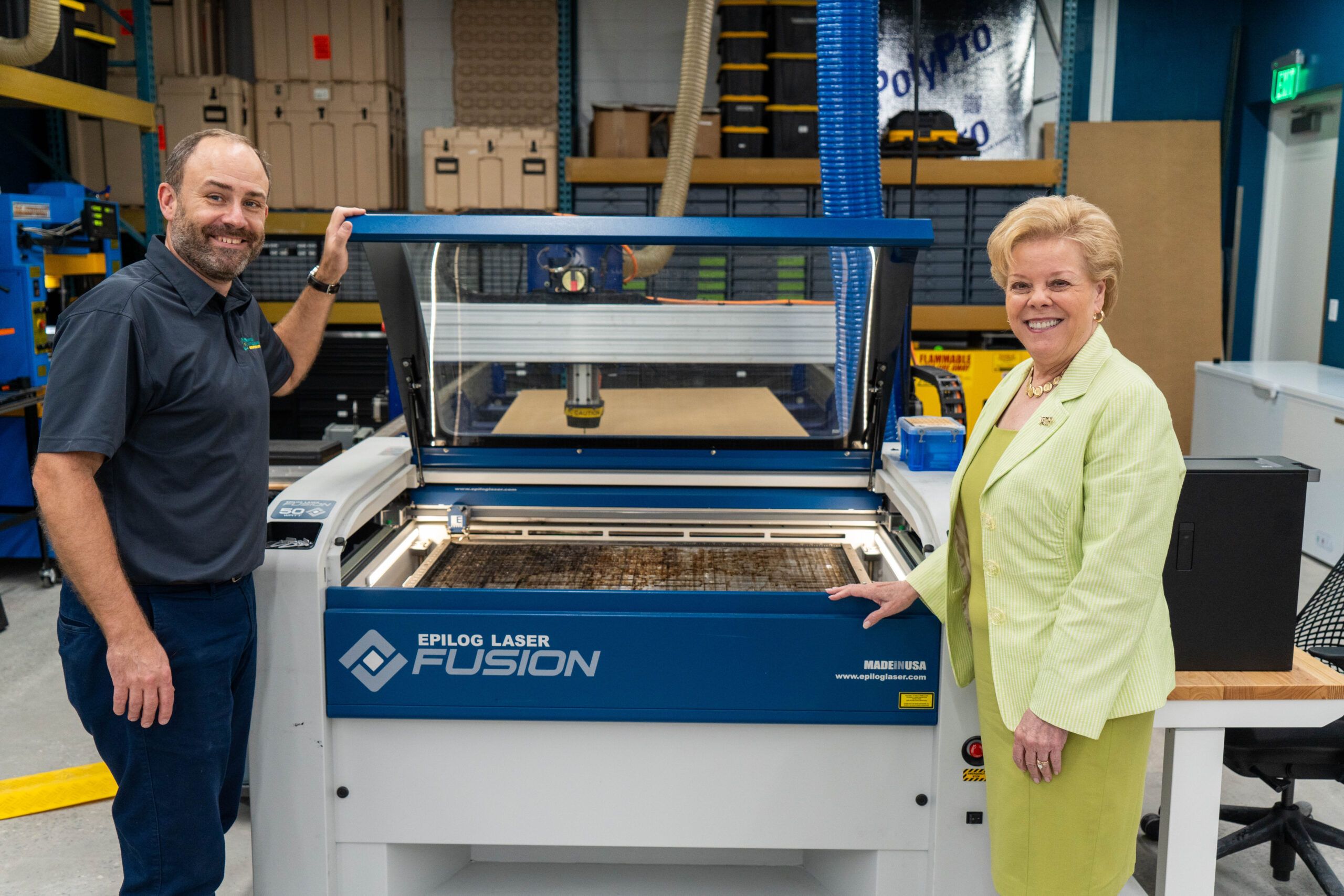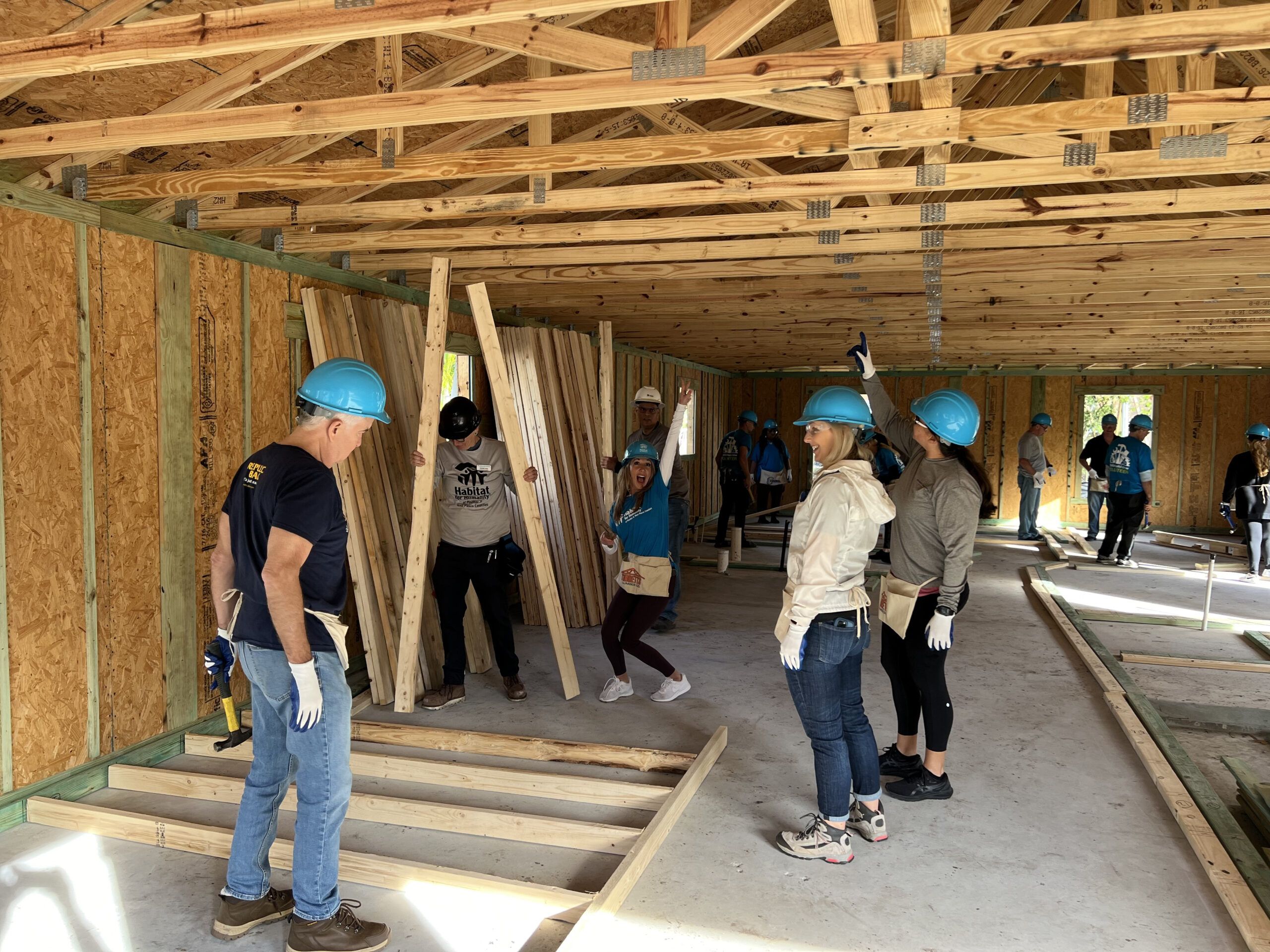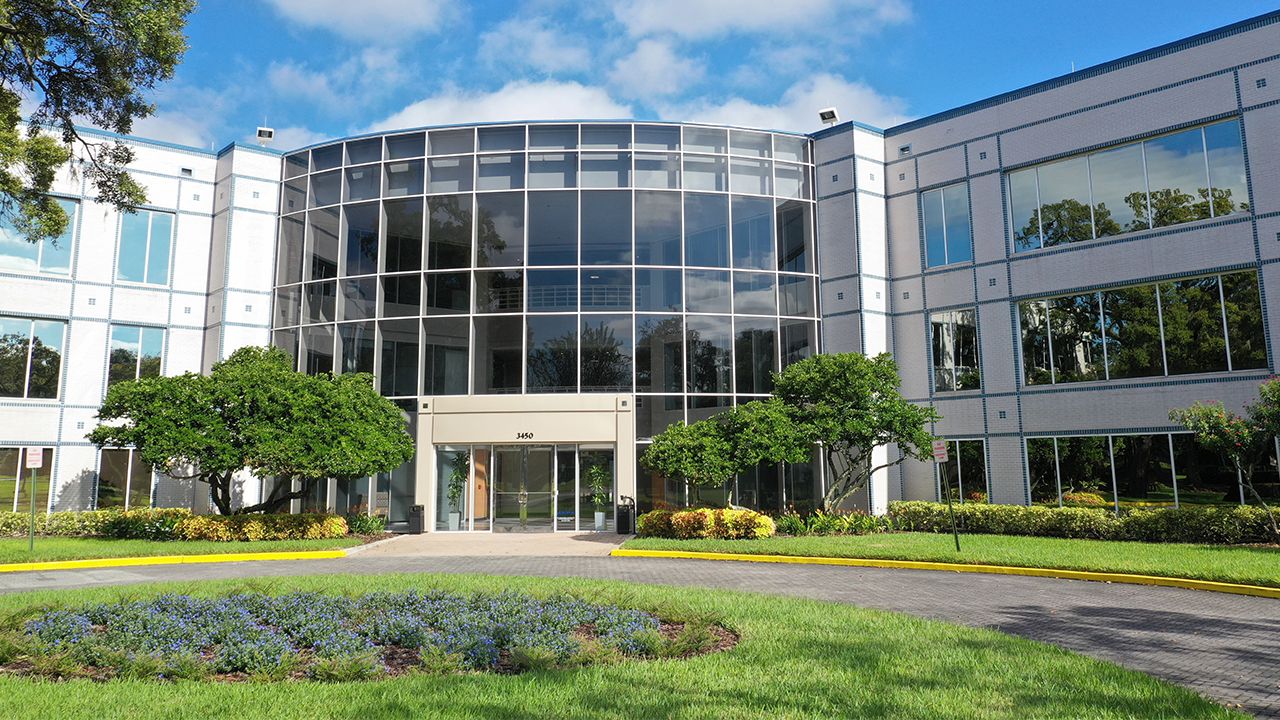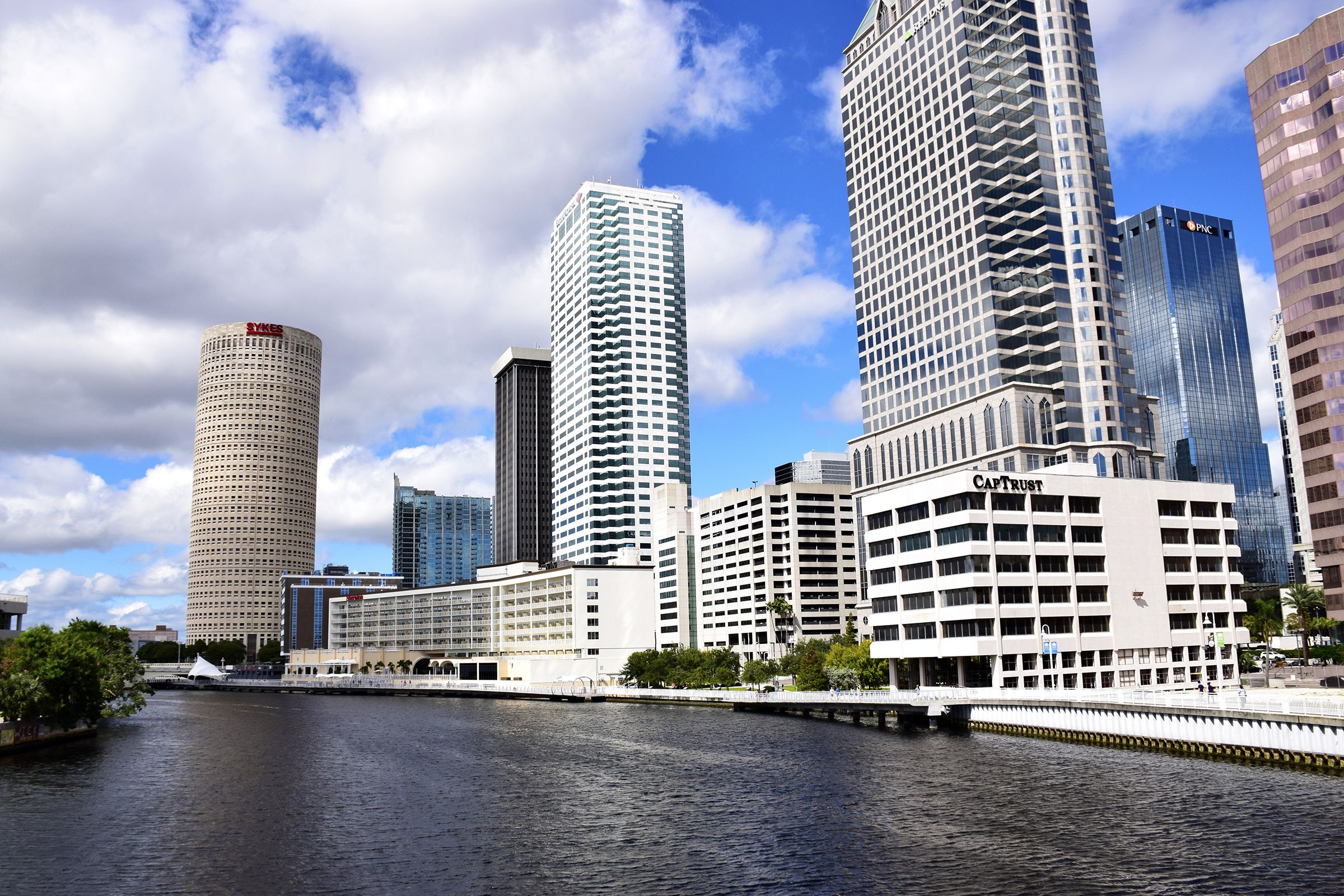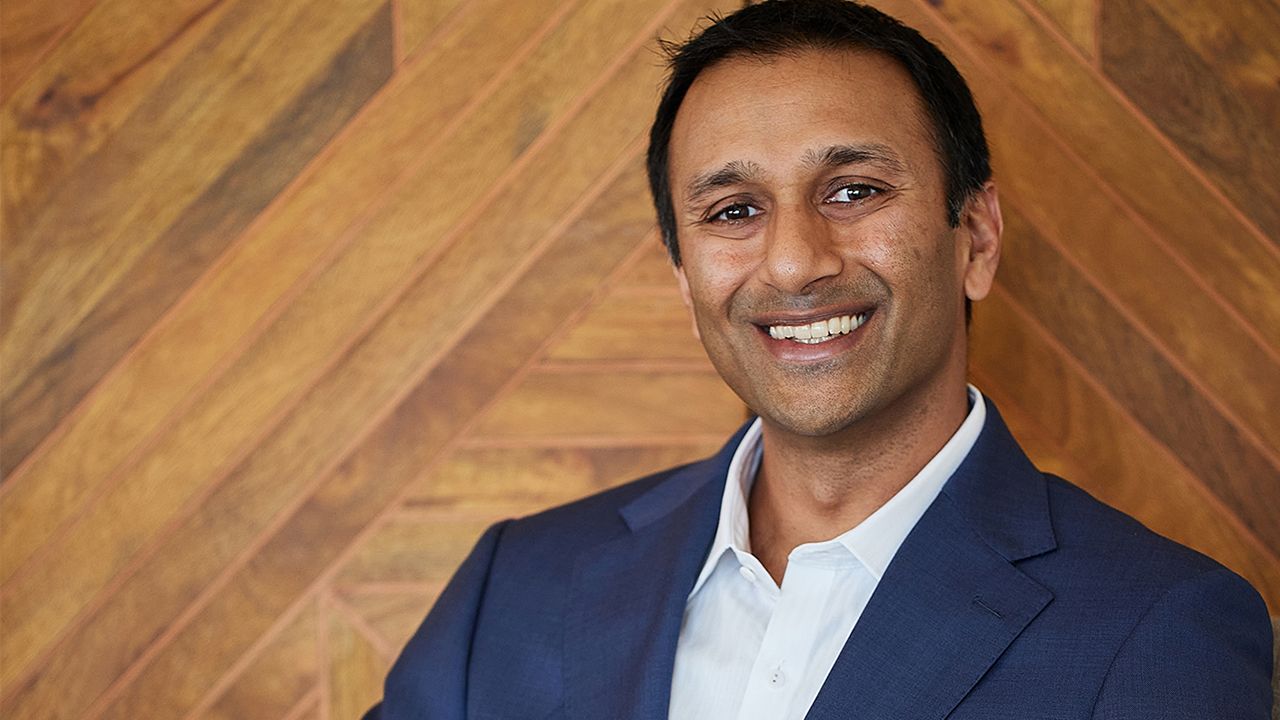The influence of COVID-19 has led to changes in the way we think, the way we act and even the way we work. To be successful, people must deal with inevitable challenges, figure out new ways to accomplish goals and become comfortable amidst new circumstances.
The questionable part is that when the smoke clears, how effective are these new processes we were forced to become comfortable with and is there an appetite for adjustment to what was once the norm?
Pros
It is a widespread belief, across every industry, that employee satisfaction is a core pillar to firmwide success. The more content with the firm, the higher the employee effort, the longer the hours and, inevitability, the more creative the ideas. According to a study from the ADP Research Institute, “remote workers are 12% more optimistic and 8% more satisfied” with their jobs.
There is a formidable argument to be made that indicates that the ability for employees to use downtime to handle other priorities in their life enhances their performance, for they have a clearer mind and stay rigorous in their schedule. A study from Paychex revealed that, “downtime accounts for nearly a quarter of the workday.” Using that downtime for other tasks requires alternative brain function that, upon picking up work again, can lead to enhanced performance. Remote work has also led to cost savings, from an operational side, not having to reimburse employees for commuting or working late at the office.
Cons
Despite the enhanced satisfaction of employees and the cost savings that companies have experienced, it is undeniable that when analyzing the industry, productivity is lower when working from home. The distractions of your other priorities take you away from work and while it is fair to argue that this lag can be positive, others will say less focus results in less effort and more mistakes. Employee Benefit News highlights that some studies show that off-site employees are reporting an average of 20 minutes more downtime per day than their on-site counterparts. Remote work also reduces the ease of interaction. Processes are less collaborative. Learning takes more time and team chemistry is crippled.
Comprehension of tasks for new employees is drastically more difficult when the asking of a question requires a Zoom meeting. This inability to easily communicate is resulting in more independent efforts which not only reduces collaborative creativity but, also, limits exposure to other areas of the firm and hinders operations when people move on from the company.
Industry Relevance
For years, suburban, small-scale office properties have been the little brother to urban office space. Like any other product, when differentiation is minimal, price has the predominant bearing on utility. Suburban office space has always had an immense turn risk, for why remain in your office space if you can move down the street and pay less? Therefore, it has provided inherent investment reluctance for real estate owners.
Urban office space has always been easier to differentiate. Views over the water, artwork and complex architecture all contribute to the value a firm can provide to its clients. However, the value of these components is heavily influenced by how relevant client facing interactions are to the success of a company. The importance of these premium items within a property are cut, as the amount of in-person meetings are reduced.
During COVID, the market experienced an unprecedented risk in suburban, smaller-scale office space, for with a reduced demand for client facing premium items, and a hybrid work schedule, many companies wanted cheaper space that was conducive for adjusted in-person schedules. According to Forbes, in the third quarter of 2020, which was in the height of COVID-19, there was $10.3 billion of investments in the suburbs, compared to $3.3 billion in central business districts. Companies began paying premiums on suburban office space for it was still cheaper than the complex urban space which, with reduced in-person meetings, provided limited advantages.
One of the fastest growing suburban office markets is Tampa. Per Reis, the average asking rent for suburban office space in Tampa jumped by 23%, from 2019 to 2022. This growth is a product of the growing Florida population, the migration of people to Tampa because of its affordability and the reduced demand of complex urban office space. That being said, many people believe the most prestigious, Class-A office space will remain strong nationwide tailoring to strong balance sheet firms, still investing in the importance of client-facing efforts.
There is a high possibility that the utility that suburban office space offers will continue to eat into the market share and offer value to firms not needing to maintain a fully in-person schedule. The question remains whether the benefits of remote work outweigh the costs. At this point, what does seem clear is that a balance is probably best. This hybrid work schedule lends immense support for the suburban office asset class, especially in a market like Tampa, which has seen an increase in population of 25% from 2019-22, per census data. ♦
Shahid Jafri is founding principal of the Jafri Group, a holding company with selective LP investors. Through lead portfolio company Jafri Capital, a commercial real estate intermediary, the firm is maintaining its New York roots while expanding to the West Coast of Florida through its strategic relationship with Lynx Mortgage Bank Commercial Division. Other portfolio companies within Jafri Group include the Jafri Journal, a real estate media company, and JapCap, a property technology company.



